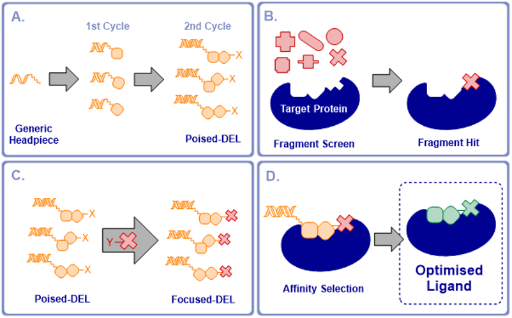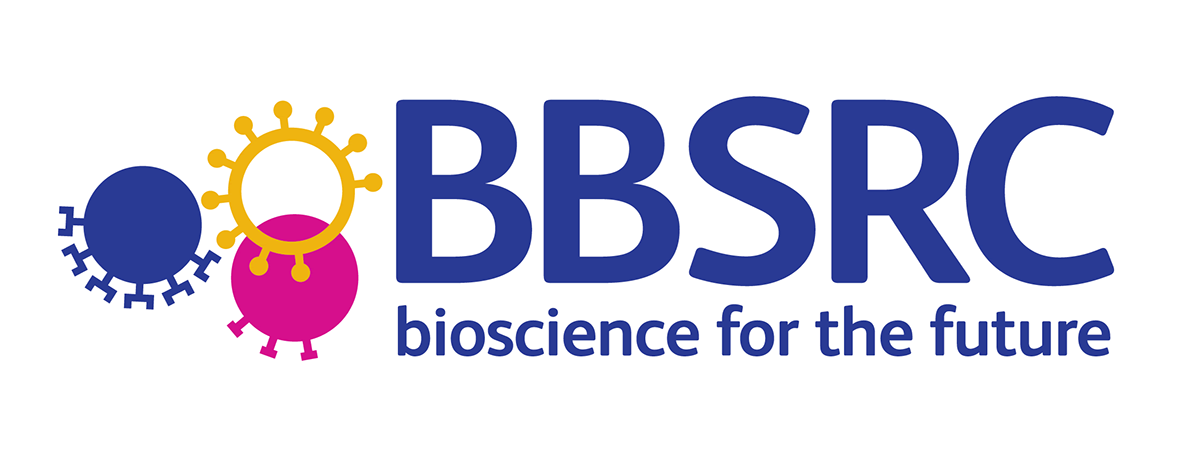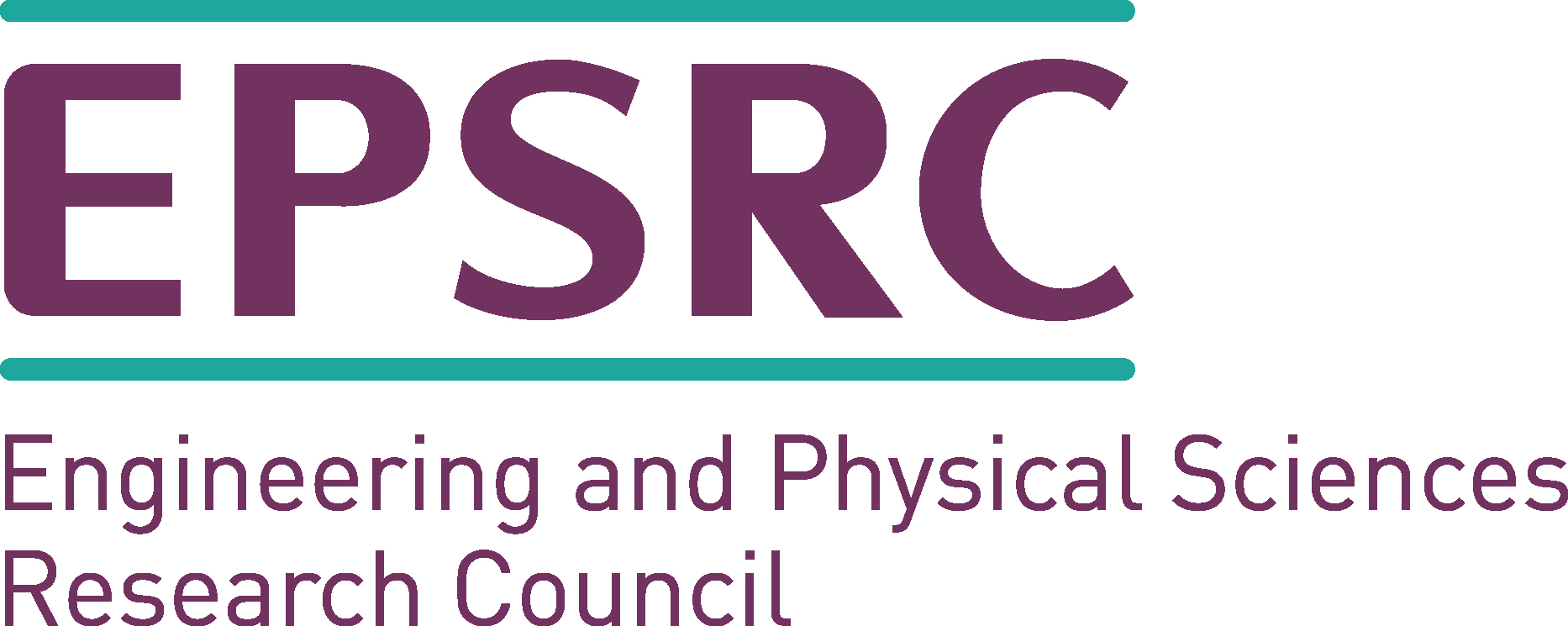News
New Paper – Poised DELs for rapid discovery of potent ligands
Chem. Sci., 2023, 14, 8288-8294
https://doi.org/10.1039/D3SC01171B
https://pubs.rsc.org/en/Content/ArticleLanding/2023/SC/D3SC01171B
Catherine L. A. Salvini, Benoit Darlot, Jack Davison, Mathew Martin, Susan Tudhope, Shannon Turberville, Akane Kawamura, Martin E. M. Noble, Stephen Wedge, James J. Crawford, Michael J. Waring*
Fragment-based drug discovery has become established as one of the methods of choice for drug discovery starting with small, low affinity compounds. Optimisation of the affinity of lead compounds is a critical challenge in the identification of drug candidates and chemical probes. The accepted best method for increasing the potency of fragments is by iterative fragment growing, but it takes considerable time (~ years) and effort to develop them into compounds that have high enough affinity to achieve activity in biochemical assays and to carry out target validation studies, which are critical steps in the development of chemical probes and therapeutics.
In contrast, DNA-encoded libraries (DELs) consist of collections of compounds covalently linked to unique DNA-oligonucleotides that encode their chemical structure. Through combinatorial synthesis, DELs allow the screening of vast numbers of pooled compounds. It was proposed that it would be possible to significantly accelerate the process of optimising fragment hits for any given protein by preparing a poised DNA-encoded library, in which every member contained a functional handle that allowed the attachment of an active fragment for a specific target protein, allowing rapid discovery of potent ligands.
This is illustrated for bromodomain-containing protein 4 (BRD4), in which a weakly binding fragment was coupled to a 42-member poised DEL via Suzuki-Miyaura cross coupling, resulting in the identification of an inhibitor with nanomolar affinity in a single step. The compound showed attractive lead-like properties suitable for further optimisation and demonstrated BRD4-dependent cellular pharmacology.
This work demonstrates the power of poised DELs to rapidly (~ weeks) optimise fragments. It is believed that this approach will provide a solution to the problem of rapidly identifying potent ligands from fragment start points and become a highly valuable approach in drug discovery and chemical biology.

Last modified: Sat, 02 Sep 2023 17:06:22 BST








